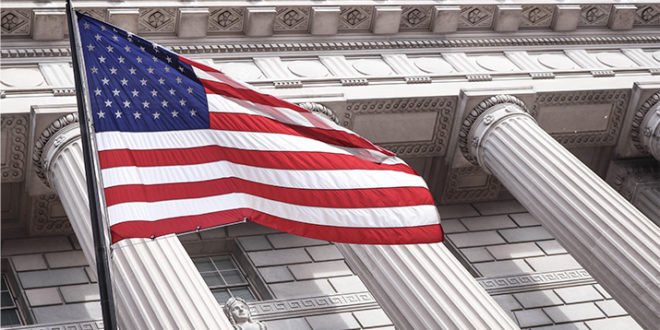
The DEA has reportedly proposed rescheduling hashish from a Time table I to Time table III substance underneath the Managed Components Act. Ahead of taking impact, the DEA’s proposal will have to go through evaluation by means of the White Space Workplace of Control and Funds.
“It is a sure step ahead for federal hashish coverage, then again this is a moderately modest step given the sturdy make stronger amongst American citizens for complete hashish reform,” stated Matthew Schweich, govt director of the Marijuana Coverage Undertaking. “It is very important recognize that this rescheduling would now not have an effect on the criminalization of scientific hashish sufferers and hashish customers underneath state rules – so we will have to proceed the paintings of enacting smart and truthful hashish legalization and scientific hashish rules via state legislatures and poll projects.”
In August 2023, the U.S. Division of Well being and Human Services and products (HHS) officially really useful rescheduling hashish. In a letter despatched to the DEA, HHS supplied findings from their evaluation of marijuana’s scheduling standing and really useful rescheduling marijuana to a Time table III managed substance.
“I’m underwhelmed by means of the development made right through President Biden’s management, I believe it used to be truthful to be expecting extra,” added Schweich. “It used to be absurd to believe hashish to be extra unhealthy than heroin, as is the case these days. It’ll stay absurd to believe hashish to be extra unhealthy than alcohol, Xanax, and Valium, which is able to nonetheless be the case after this rescheduling takes impact.”
Rescheduling hashish would offer many real-world advantages, together with facilitating analysis and lowering burdens on scientific hashish sufferers, suppliers, and the companies that serve them; Alternatively, transferring hashish to Time table III won’t unravel the conflicts between federal and state rules, and in the end motion is wanted from Congress to enact federal legalization and felony justice insurance policies.

The DEA has reportedly proposed rescheduling hashish from a Time table I to Time table III substance underneath the Managed Components Act. Ahead of taking impact, the DEA’s proposal will have to go through evaluation by means of the White Space Workplace of Control and Funds.
“It is a sure step ahead for federal hashish coverage, then again this is a moderately modest step given the sturdy make stronger amongst American citizens for complete hashish reform,” stated Matthew Schweich, govt director of the Marijuana Coverage Undertaking. “It is very important recognize that this rescheduling would now not have an effect on the criminalization of scientific hashish sufferers and hashish customers underneath state rules – so we will have to proceed the paintings of enacting smart and truthful hashish legalization and scientific hashish rules via state legislatures and poll projects.”
In August 2023, the U.S. Division of Well being and Human Services and products (HHS) officially really useful rescheduling hashish. In a letter despatched to the DEA, HHS supplied findings from their evaluation of marijuana’s scheduling standing and really useful rescheduling marijuana to a Time table III managed substance.
“I’m underwhelmed by means of the development made right through President Biden’s management, I believe it used to be truthful to be expecting extra,” added Schweich. “It used to be absurd to believe hashish to be extra unhealthy than heroin, as is the case these days. It’ll stay absurd to believe hashish to be extra unhealthy than alcohol, Xanax, and Valium, which is able to nonetheless be the case after this rescheduling takes impact.”
Rescheduling hashish would offer many real-world advantages, together with facilitating analysis and lowering burdens on scientific hashish sufferers, suppliers, and the companies that serve them; Alternatively, transferring hashish to Time table III won’t unravel the conflicts between federal and state rules, and in the end motion is wanted from Congress to enact federal legalization and felony justice insurance policies.














